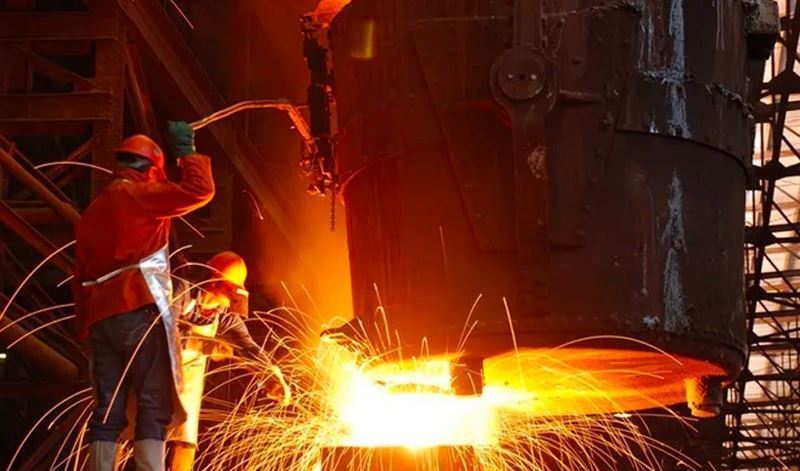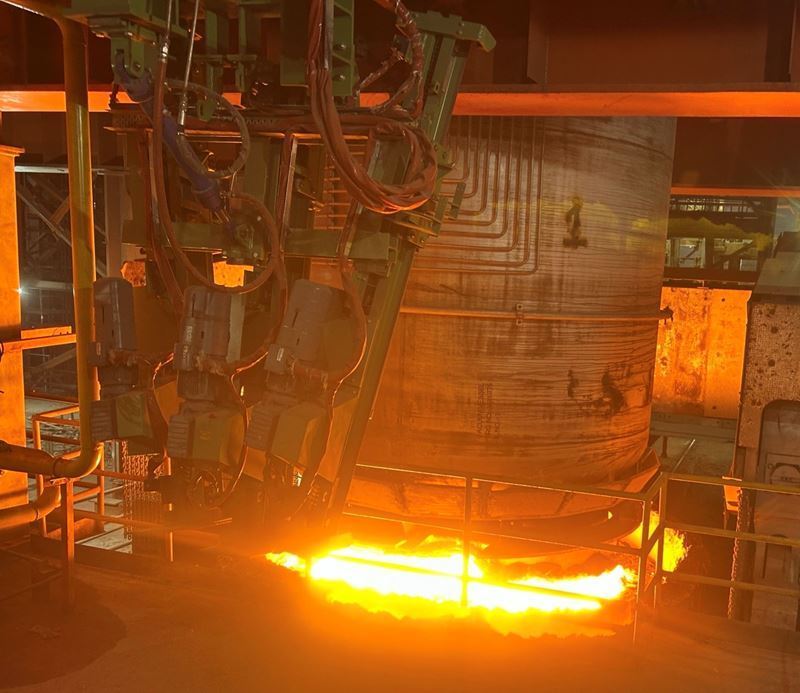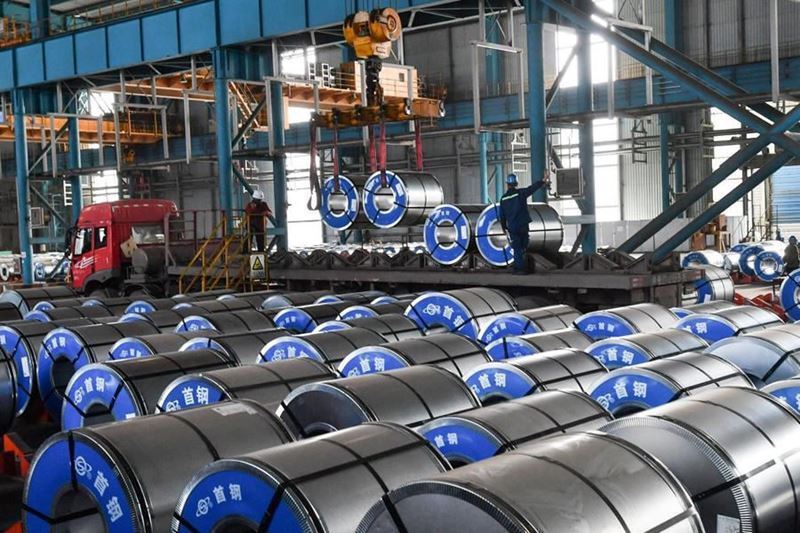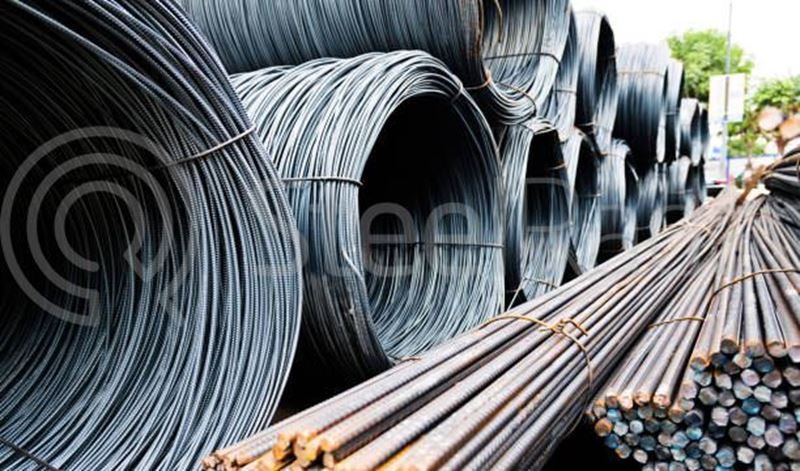Last year, China's net crude steel exports reached 85,681 million tons, increasing by 64.2% annually, while steel exports increased by 36.2% annually, reaching 90,264 million tons, the highest level since 2016. However, these increases caused a wave of boycotts in the global steel market. Many countries have initiated anti-dumping investigations against China, for example Chile decided to impose provisional duties of 25% to 34% on steel imported from China.
US President Biden criticized competition from Chinese steel companies by proposing to increase existing tariffs on Chinese steel and aluminum. Last year, Mexico also decided to impose a tax of approximately 80% on some steel products imported from China.
China's domestic steel demand continues to decline despite being under pressure internationally. The contraction in the real estate market causes local governments to halt infrastructure projects and reduces demand for steel.
In light of these developments, most economists predict that the ongoing contraction in China's real estate market will last for a long time and steel producers will need to control production. Representatives of China's steel industry, on the other hand, argue that the increase in steel production was made for strategic reasons, and warn that the problems in the global steel market may deepen further.
The increase in China's steel production seriously affects the balance in the world steel industry. The country's huge production capacity causes permanent problems in the global steel market and forces steel producers to develop new strategies to maintain their competitiveness.









Comments
No comment yet.